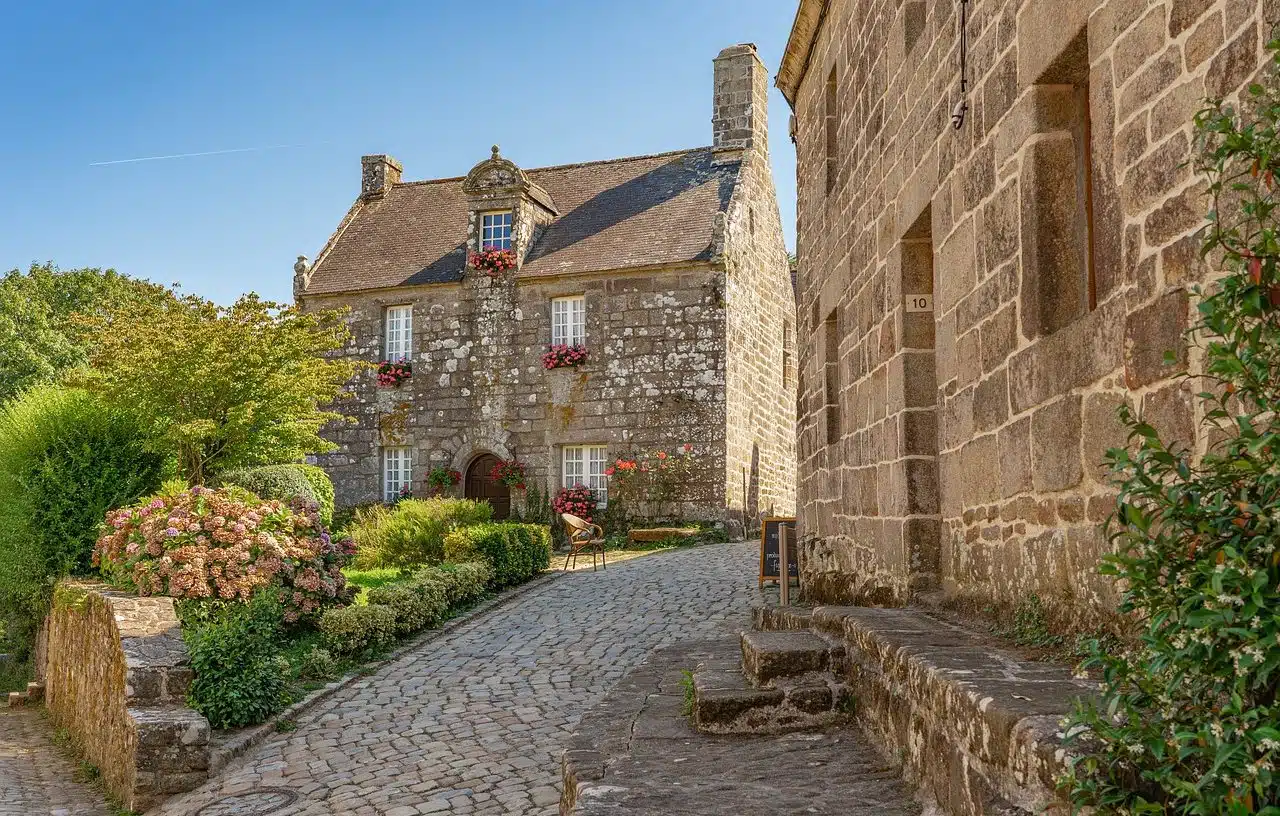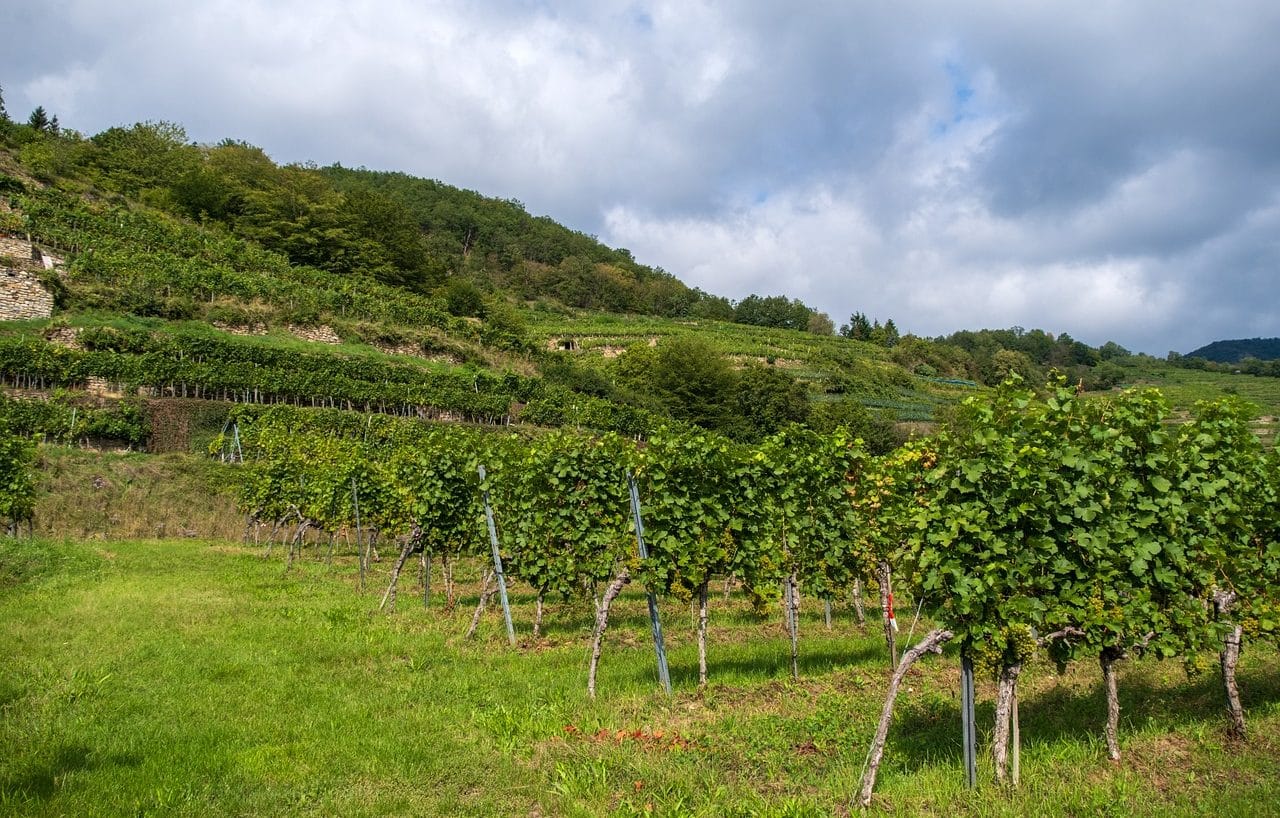
The notion of terroir can be associated with an individual's hometown.
Terroir is a concept used to name compact land . By extension, the notion is usually used with reference to a piece of land or an individual's hometown . It should be noted that terroir derives from the Latin terra , which can be translated as “earth” .
For example: “I haven't been able to return to Uruguay for twenty years: I dream every night of returning to my homeland,” “The mayor wants young people to be able to grow and develop in their homeland, without having to emigrate in search of a better life.” , “I invested my savings in a piece of land facing the lake.”
The terroir in viticulture
The notion of terroir is also used as a synonym for terroir , a very popular French term in the field of viticulture . The terroir, in this sense, refers to a geographical region with homogeneous characteristics that stands out for certain properties of its wine production, although it can also be linked to tea and coffee .
The terroir or terroir is defined by geographical and geological factors, such as climate , hydrology and others. Beyond the elements of nature, different cultural aspects related to the exploitation that human beings make of the land also influence this definition.
When talking about terroir with this meaning, it is established that the land in question is differentiated from the rest by the following characteristics:
- The variety of crops that are there.
- The land itself, based on aspects such as the orography, its orientation, its composition, the degree of slope it has...
- The influence that man has on it. By this we fundamentally refer to the type of crop you establish, the fertilizing products or fertilizer you pour, the water conduction system you decide to establish and the plant density you determine.
- The climate that exists around it and that, to a large extent, is responsible for its state.
- Other signs of identity should also be included such as the color it has, its salinity, the texture it has...

Terroir is a term with great importance in viticulture.
The term as a denomination
“Mi terroño” , on the other hand, is the name of a winery located in the Argentine province of Mendoza . Located in the town of San Roque , it is a family business founded in 1978 .
We cannot forget that in literature the term terroir takes on special prominence. Thus, for example, there are different works that use it in their titles, such as the case of the book “Cuentos del teruño” , published in 2014 by the author J. Borja .
Finally, it should be noted that various restaurants in Argentina , Costa Rica , Puerto Rico and several tourist establishments have the word terruño in their name: “El terruño” , “Cabañas Mi terruño” , “Estancia Terruño” , etc.
